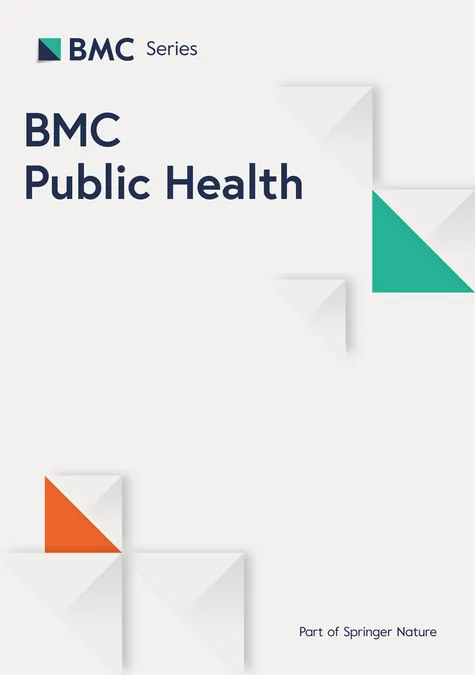
The Hidden Struggles: Unveiling Mental Health Impacts After SARS-CoV-2 Infection
2024-12-13
Author: Yu
Introduction
In the wake of the COVID-19 pandemic, numerous studies revealed that mental health could take a significant downturn following a SARS-CoV-2 infection. Yet, what about those individuals who were infected unknowingly? A groundbreaking study from the Gutenberg COVID-19 Study (GCS) sought to uncover the impact of both conscious and unconscious infections on mental well-being. The results could reshape how we approach mental health care in this new era.
Study Overview
The GCS involves a sample of 2,267 individuals from a representative population and utilized a multi-faceted methodology to determine prior SARS-CoV-2 infections, including self-reports, throat swabs, and antibody tests. Participants also completed questionnaires assessing their mental health, specifically looking for symptoms of anxiety, depression, and somatic complaints.
Key Findings
Surprisingly, the researchers found that neither being aware of a SARS-CoV-2 infection nor being unaware had a significant effect on mental health outcomes. Instead, it was the severity of the initial infection and pre-existing mental health conditions such as depression and anxiety that emerged as predominant factors influencing post-infection mental health issues. In particular, individuals with a history of anxiety reported heightened levels of distress, regardless of their knowledge about the infection.
The study aligns with earlier meta-analyses indicating that those who endured severe COVID-19 symptoms were more likely to grapple with symptoms of anxiety and depression in the long term. For many, the emotional toll primarily stemmed from the severity of their physical symptoms rather than the infection itself.
Long-Term Implications
Given the results, experts warn that mental health services must prioritize individuals who suffered from severe COVID-19 symptoms or who have been diagnosed with mental health conditions prior to infection. The findings suggest an urgent need for targeted mental health care interventions in these vulnerable populations to mitigate the long-term psychological impact of the pandemic.
Existing Research Context
Previously conducted studies have shown alarming rates of depression and anxiety among COVID-19 patients. A comprehensive review indicated that anywhere from 18% to nearly 50% of patients with serious COVID-19 cases experienced psychiatric diagnoses following their infections. Furthermore, major depressive disorder and anxiety disorders were found to spike significantly in those hospitalized with COVID-19.
Interestingly, the perception of infection appeared to play a role as well—individuals who believed they had been infected reported symptoms of depression and anxiety even without a confirmed infection. This underscores the psychological effects not just of the illness itself but also of the overwhelming societal anxiety concerning the pandemic.
Conclusion
The current findings compel us to reconsider our understanding of mental health in the context of infectious diseases. Awareness of one’s infection does not determine the mental health outcome; rather, the emotional aftermath seems more closely linked to the severity of physical symptoms and previous mental health conditions. Ultimately, investing in mental health resources for individuals who have endured severe illness or who have a history of mental health challenges may pave the way for healthier outcomes in the years to come.
As society emerges from the pandemic, recognizing the hidden burdens of mental health will be crucial. The lasting scars of COVID-19 are not only physical but deeply psychological, and they remind us that the true cost of the virus reaches far beyond the statistics of illness and death.
Stay tuned for more insights as we continue to unravel the complexities of mental health in a post-pandemic world!


 Brasil (PT)
Brasil (PT)
 Canada (EN)
Canada (EN)
 Chile (ES)
Chile (ES)
 España (ES)
España (ES)
 France (FR)
France (FR)
 Hong Kong (EN)
Hong Kong (EN)
 Italia (IT)
Italia (IT)
 日本 (JA)
日本 (JA)
 Magyarország (HU)
Magyarország (HU)
 Norge (NO)
Norge (NO)
 Polska (PL)
Polska (PL)
 Schweiz (DE)
Schweiz (DE)
 Singapore (EN)
Singapore (EN)
 Sverige (SV)
Sverige (SV)
 Suomi (FI)
Suomi (FI)
 Türkiye (TR)
Türkiye (TR)